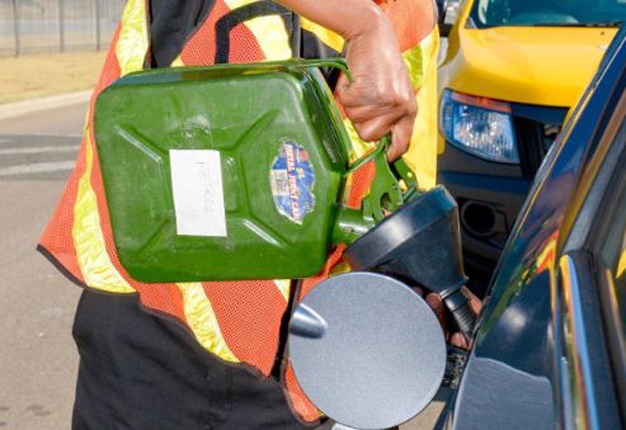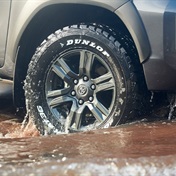
Cape Town - South African motorists vented their frustration as reports of "empty fuel stations" began circulating as a result of industrial action by the Chemical, Energy, Paper, Printing, Wood and Allied Workers’ Union (CEPPWAWU).
Fin24 reported at least 20 000 petroleum industry workers went on strike on Thursday (28 July), a union official said, warning that pumps at filling stations could run dry in days.
Clement Chitja, spokesperson for CEPPWAWU, told AFP: "These workers transport petrol and work in the refineries, so the impact will be huge if the strike is prolonged. The petrol stations may run dry in three days or so, but it is not our intention. The employers must come to us with better offers."
'Top up their fuel tanks regularly'
The Automobile Association of South Africa said: "It is our understanding that the strike will affect all refineries and depots of petroleum companies. This strike does not include petrol pump attendants, but will start to impact motorists once the pumps at petrol stations start to run dry."
Accordingly, the Association has advised motorists to ensure they top up their fuel tanks as regularly as possible. In addition, the AA said motorists should avoid taking unnecessary journeys, as well as stop-start driving to reduce fuel use.
READ: 5 fuel efficient cars for less than R200 000 in SA
"Driving with an air-conditioner on, speeding, and driving in peak hour traffic will consume fuel quicker. We therefore advise motorists to adjust their driving patterns as far as possible to ensure that the fuel in their tanks lasts that bit longer,” the AA noted.
Plan ahead
Arrive Alive's Johan Jonck said: "From a safety point it is important to drive with a filled tank and do proper trip planning to avoid being stranded. This means making regular stops and rather fill up with fuel before you have to drive around looking for a filling station, with your last bit of fuel in the tank."
How to save fuel
Arrive Alive lists the following fuel-saving tips:
• Tyre Pressure
Under-inflated tyres increase rolling resistance between your vehicle and the road; meaning your vehicle has to work harder to overcome the extra drag, thereby using more fuel. Research has shown that correctly inflated tyres can increase mileage by approximately 3.3%.
• Stop-start driving
Every time you accelerate the engine has to work hard and every time you brake, this energy is lost. Stop-start driving is therefore hard on the engine (and the brakes) and does consume fuel. By planning your route carefully, and using your accelerator more gently, you will improve fuel economy.
READ: BP fights rising fuel prices for SA motorists
Accelerating hard, and using high engine speeds, will also drastically impact your consumption. Another tip, if you can manage it, is to avoid rush hour traffic. The long delays in traffic will increase consumption and force you to make more stops at the pumps.
• Idling
If you are idling for an extended period your vehicle will consume more fuel and expend more emissions. During idling period of several minutes or more, it’s best to switch off your engine (if it is safe to do so, of course), which will reduce fuel consumption.
• Drag
Any external additions to your car such as roof boxes and bicycle racks should be taken off when it's not in use. These fixings change the airflow over the vehicle and increase the drag. Open windows and sunroofs also increase air drag over the car requiring extra power from your engine that will lead to increased fuel consumption.
• Air-con
The air-conditioning unit in your car contains a compressor pump driven by the engine. When the aircon is used, the compressor uses power from your engine, thus increasing the work it has do and the amount of fuel it needs to keep going. Switch off your aircon, or use it sparingly, as far as possible to increase the overall mileage of your tank.
• Service your vehicle
A badly maintained car will not perform optimally. Poor engine performance means the vehicle will not operate according to the manufacturer's guidelines and will result in increased fuel consumption.
Keeping your car in good condition means it is working as it should and will only use the fuel it needs. Check if your car has an ‘economy’ setting. If it does, activate it. It will make a difference.
READ: Good news! Huge drop in fuel price expected for SA
#PetrolStrike has already resulted in several #Pretoria #FuelStations running dry. @eNCA @News24 @The_New_Age
— Brent (@brent2708) July 28, 2016




 Publications
Publications
 Partners
Partners











